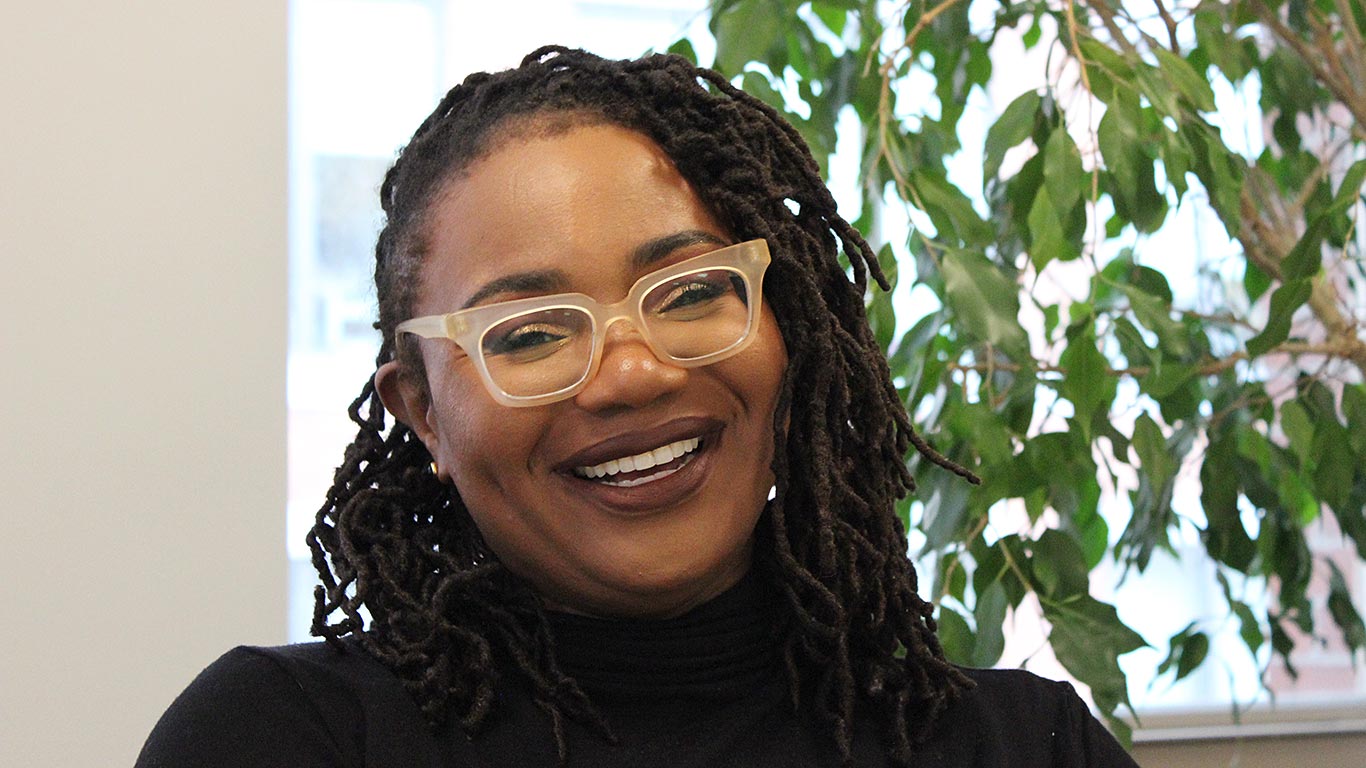The COVID-19 pandemic has unleashed a series of unprecedented forces that will continue to impact our communities. Despite our changing and uncertain reality, it is essential that we remain committed to deepening our learning capacities. Learning in a time of crisis empowers us to rapidly respond to our communities’ emerging needs, readily iterate and strengthen our work, and effectively deliver much needed supports. Most importantly, learning during this tumultuous period builds our collective capacity as grantmakers, capacity-builders, grassroots groups, and communities to advance social change.
These two practices will allow us to rapidly learn and remain agile during challenging times of change.
Leverage the Many Ways of Knowing
Although our sector traditionally relies on “validated” and “objective” methods, there are diverse ways of knowing that are equally as insightful and impactful. Our experiential knowledge is grounded in our lived values and beliefs, while we use our stories, art, and other presentational ways of knowing to understand the world around us. If we are courageous in drawing upon these many ways of knowing, we can then begin to use transformative tools that help us collectively make meaning of this new reality and identify emerging connections.
We can use art to lay bare how entrenched institutional inequities are the primary drivers of the disproportionate COVID-19 infection and mortality rates among low-income communities of color. Rather than conduct yet another survey, let us instead facilitate collective story harvests. This storytelling process can reveal numerous learnings, assets, and challenges embedded in our experiences as we continue battle this pandemic, by empowering us to share our stories and use specific themes to discover new trends.
Do Not Let Urgency Deny Us Inclusive Spaces of Learning
During a time of emergency, we often become consumed by an overwhelming sense of urgency. While it’s crucial that we remain action-driven, it’s also important that we do not use this heightened sense of crisis to deny ourselves and others of inclusive spaces of learning. Learning in a time of crisis demands that we remain steadfast in designing and facilitating inclusive spaces of reflection and learning. In order to maximize our energy and time, let us create space in our existing community conversations, all staff meetings, coalition meetings, and our other conversations to collectively ask ourselves what assumptions did we make?, what worked and why?, what needs work and why? and how will we build these new learnings into our work so that we can better serve those most impacted by our work and those most impacted by the pandemic? These inclusive spaces of learning will continue to promote transparency and trust, enrich our analysis, and forge new collaborations, without over-scheduling ourselves.
If we remain committed to strengthening our learning capacities and incorporating these practices into our work, we’ll realize how vital learning is to better supporting those we serve and successfully navigating these times of crisis.
Learning and Evaluation Resource List
Action-Based Learning Guides and Data Visualization Practices
At TSNE, we define learnings as the actionable insights, based on quantitative and qualitative data, that help us better deliver high quality and impactful programming. The following resources allow us to meaningfully reflect on data and rapidly move from talking to action.
- Data is Beautiful
- Data Therapy
- Facilitating Intentional Group Learning
- The Barefoot Guides: Learning Practices in Organisations and Social Change
- The Barefoot Guide to Designing and Facilitating Creative Conversations & Learning Activities
Equity-Centered Learning and Evaluation Guides
The following guides and resources have been crucial as TSNE continues on its forever journey of centering equity in its learning and evaluation work. These resources vary from conceptual frameworks to more tangible strategies and practices.
- Awake To Woke To Work: Building a Race Equity Culture by Equity in the Center
- Doing Evaluation Differently
- The Equitable Evaluation Initiative
- Racial Equity Tools Getting Ready for Evaluation
Results-Based Accountability
This data-driven and action-based framework empowers communities and organizations to generate positive impact. Results-Based Accountability is a jargon-free framework that helps promote transparency, tackles assumptions, increases collaboration and collective action, and leverages data to ensure the accountability of the well-being of community members and the performance of programs.
